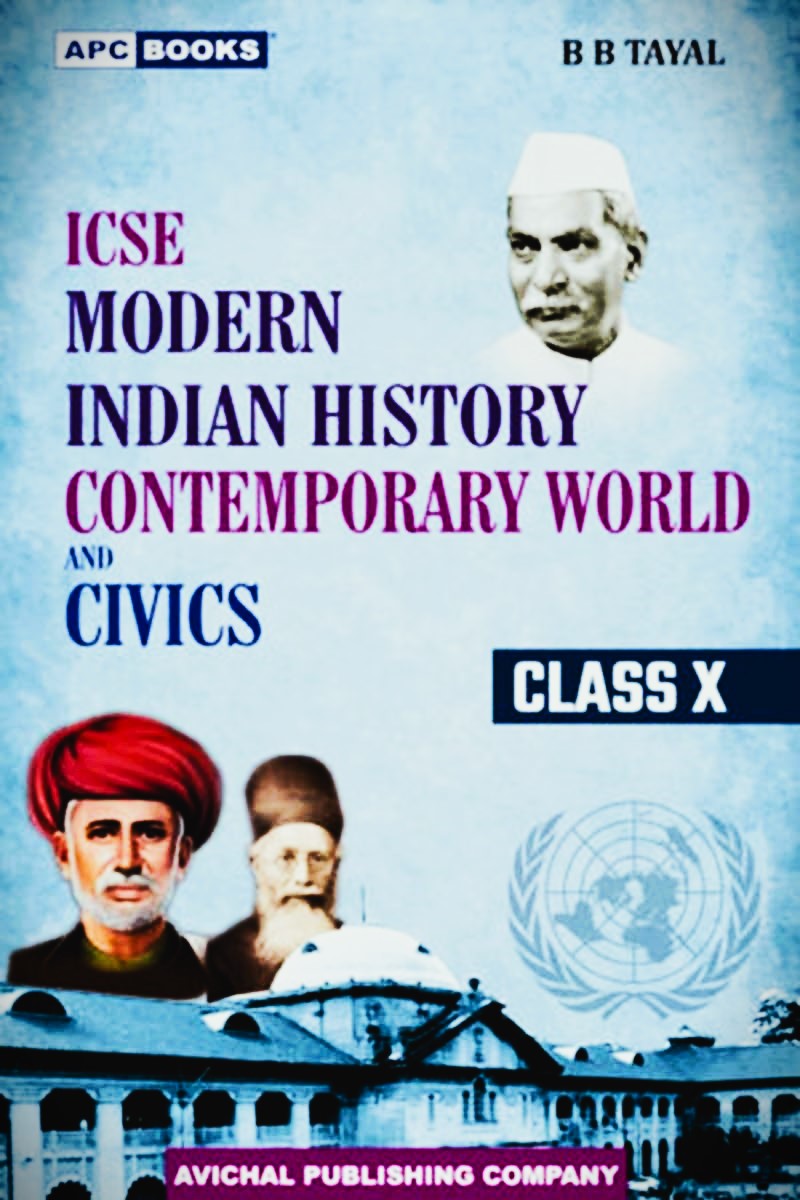Modern Indian History, Contemporary World, and Civics, covering key topics and themes.
Modern Indian History
-
The Freedom Struggle (1857-1947)
- First War of Independence (1857): Causes, key figures, and consequences.
- Formation of Indian National Congress: Early leaders and the role of the Congress in the freedom struggle.
-
Gandhian Era (1915-1947):
- Non-Cooperation Movement (1920)
- Civil Disobedience Movement (1930)
- Quit India Movement (1942)
- Key Figures: Mahatma Gandhi, Jawaharlal Nehru, Subhas Chandra Bose, Bhagat Singh, and others.
- Role of Women and Other Groups: Participation in the freedom struggle.
- Partition of India (1947): Causes and consequences.
-
Post-Independence India
- Challenges faced by the new nation (integration of princely states, refugee crisis).
- Constitution of India: Framing and significance.
- Major socio-economic developments since independence.
Contemporary World
-
The First World War (1914-1918) - Causes, major events, and consequences.
- Treaty of Versailles and its impact.
-
The Second World War (1939-1945) - Causes, major events, and consequences.
- Establishment of the United Nations and its significance.
-
Cold War Era - Definition and significance.
- Major events: Cuban Missile Crisis, Vietnam War.
- Impact on world politics.
-
Decolonization and Nationalism - Process of decolonization in Asia and Africa.
- Key movements and leaders (e.g., African National Congress, Ho Chi Minh).
- Impact on global politics.
-
Globalization - Meaning and aspects of globalization (economic, cultural, political).
- Impact on developing nations.
Civics
-
The Constitution - Importance of the Constitution in a democracy.
- Fundamental Rights and Duties of citizens.
- Directive Principles of State Policy: Significance and objectives.
-
Fundamental Rights - Overview of Fundamental Rights: Right to Equality, Right to Freedom, Right Against Exploitation, etc.
- Importance of these rights in safeguarding individual freedoms.
-
The Structure of Government - Executive: Role of the President, Prime Minister, and Council of Ministers.
- Legislature: Bicameral system, functions of the Lok Sabha and Rajya Sabha.
- Judiciary: Structure, functions, and importance of an independent judiciary.
-
Political Parties and Elections - Role and importance of political parties in a democracy.
- Electoral process in India: Conduct of elections, the role of the Election Commission.
- Challenges faced in the electoral process.
-
Rights of Citizens - Importance of citizen participation in democracy.
- Role of civil society and social movements in promoting rights.
Study Tips
- Make Summaries: Condense chapters into key points for easier revision.
- Use Diagrams and Charts: For timelines and relationships between events and concepts.
- Practice Past Papers: Familiarize yourself with exam patterns and types of questions.
- Group Studies: Discussing and debating topics can deepen understanding.
Latest for 2024-25 Session


